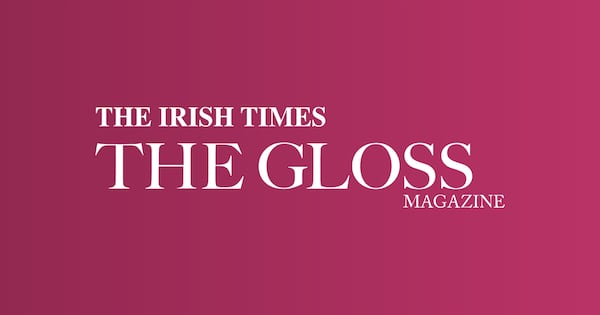
Stained glass, particularly medieval glass with its rich luminous colours has often fascinated fashion designers, notably
Alexander McQueen

and
Jean Paul Gaultier
. However, here for the first time,
Jennifer Rothwell
has looked to Ireland’s most renowned stained glass artist and illustrator,
Harry Clarke
for her latest and most ambitious collection. The results are daring and dramatic.
Rothwell, who has always been passionate (a word she uses constantly) about home manufacturing, found the expertise she needed using the digital print facility in North West Regional College in Derry along with three textile designers and pattern cutters.
"Apart from the colleges there are no digital printing facilities for textiles in Ireland. I have printed all over the world, in China, in New York and in Turkey, but standards are inconsistent and the nearest place is Scotland, which makes it very expensive. If we could invest in even a secondhand machine it would be a step in the right direction and open the door for Irish designers to be serious players", she says.
In the meantime all the fabrics for this collection of dresses, suits, shirts and leggings were printed in Derry, steamed in NCAD and made up in her studio in Dublin.
The vibrant shades of blue, gold-pink and ruby in Harry Clarke's The Eve of Saint Agnes, illustrating John Keat's romantic love poem of the same title, were a direct inspiration along with Irish fairy folklore.

Many of the final prints were the results of experimentation that could only have been carried out close to home. She explains that steaming, which is done after printing to fix colours, can often change the tones in unexpected ways.
Silk viscose, silk cotton, cotton sateen and neoprene take colour differently and with surprising effects.
The bold graphic motifs in the trouser suit produced a completely different pattern when scaled down for the little kimono jacket worn with the long draped skirt. The strapless bodice was drawn from one of the 22 panels of the window, which Clarke erected in six sections in 1923 according to Nicola Gordon Bowe’s authoritative study of Clarke’s life and work.
“Celebrating Irish artists, folklore, legends and tradition through fashion in a modern and contemporary [way] reintroduces a new audience to Clarke’s work,” says Rothwell.
Last August she opened her first shop in the Powerscourt Centre where she offers a made to measure service for customers. There, she also introduced mens' tailoring, her first customer being the writer John Banville. The shop also stocks eight other designers including milliner Martha Lynn, scarf designer Susannagh Grogan, Vivien Walsh the jeweller and the weaver Brendan Joseph. "And 90 per cent is made in Ireland," she says with pride.
All by Jennifer Rothwell, at Jennifer Rothwell boutique, 2nd Floor, Powerscourt Townhouse Centre, Dublin 2.
[ jrothwell.netOpens in new window ]












